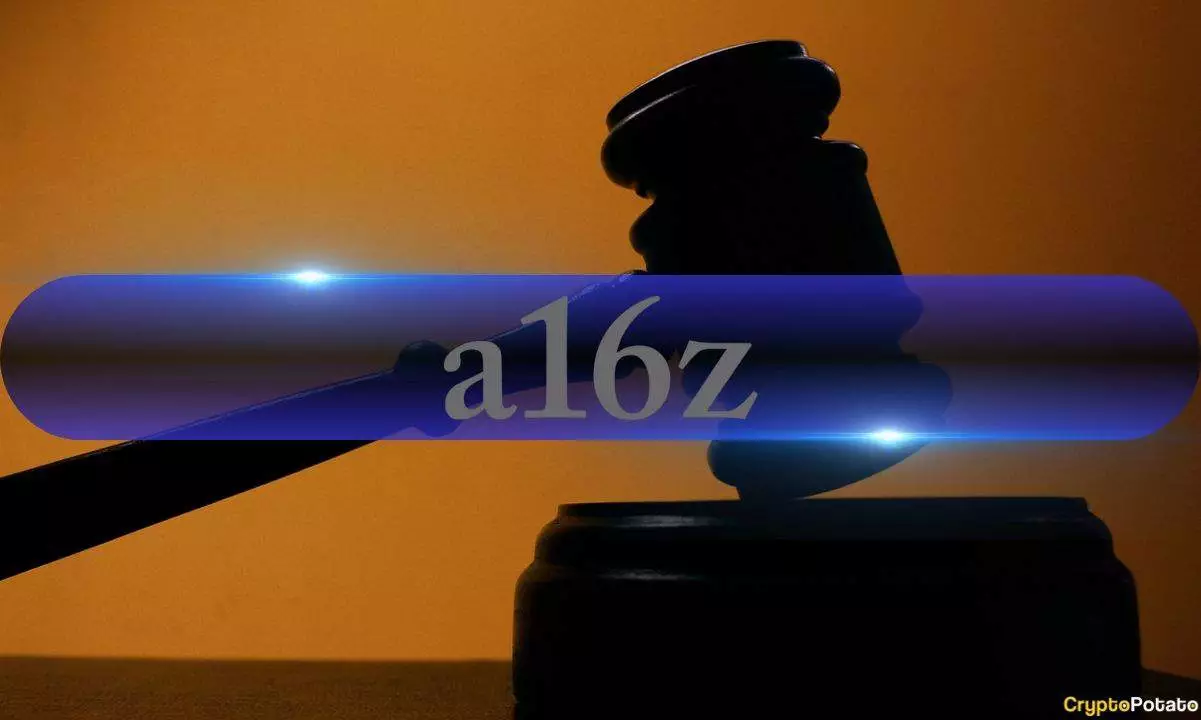The decentralized finance (DeFi) ecosystem is under a significant threat due to recently introduced regulations by the US Treasury and the IRS. Michele Korver, head of regulation at A16z Crypto, has expressed serious concerns about the implications of a new broker reporting rule that could fundamentally alter the landscape of DeFi in the United States. The rapid response from the DeFi community, reflected in active legal challenges and vocal criticism from industry leaders, highlights the urgency of the situation and the potential risk these regulations pose to innovation and consumer access within this burgeoning financial sector.
At the heart of the controversy is a rule stemming from the Infrastructure Investment and Jobs Act, which proposes to broaden the definition of what constitutes a broker. This revised definition potentially includes decentralized trading platforms where users engage with protocols without the intermediating presence of traditional brokers. Korver’s statement emphasized that these platforms are not direct transaction facilitators; instead, they provide users the tools necessary to navigate decentralized spaces, meaning that categorizing them as brokers is both misleading and harmful.
The legal battle, led by organizations such as the DeFi Education Fund and the Blockchain Association, aims to dismantle these regulatory measures. The groups argue that the new classification burdens DeFi entities excessively, infringing upon their ability to operate effectively while violating the Administrative Procedure Act (APA). This APA breach implies a failure by the Treasury to follow lawful processes in formulating these broad regulations.
Korver criticized the rule-making as a “midnight decision,” implying it was hastily conceived without appropriate safeguards or foresight concerning its impact on innovation. This manner of governance raises serious questions regarding transparency and deliberation in regulatory practices. The broader implications of these regulations could force DeFi operations to relocate outside of the US, a move that would represent a drastic shift in the global landscape of financial technology.
Moreover, Korver cautioned that such regulations could obstruct the DeFi sector’s capacity to deliver efficient, consumer-oriented financial services, which is its main selling point in contrast to traditional financial institutions. Many argue that stifling the DeFi space could hinder the innovation that has often been a hallmark of the American financial sector.
The rapid legal action taken against the broker reporting rule within 24 hours reflects the agility and resilience within the crypto industry. Prominent figures like Jake Chervinsky of the Blockchain Association have acknowledged this response, stating that the evolution of crypto policy in the US equips the industry to challenge regulatory overreach effectively. The spirit of determination against such impositions is palpable, with stakeholders committed to defending their ground through litigation and advocating for legislative support.
Uniswap luminaries also echoed these sentiments, pointing to the inopportune timing of such regulations and their heavy-handedness. Founder Hayden Adams noted that these rules could serve as an intentional barrier to DeFi innovation. Furthermore, Uniswap’s Chief Legal Officer accused the IRS’s classification as an overreach that disrupts an already intricate regulatory environment, creating unnecessary paperwork and potentially compromising user privacy.
As the DeFi landscape contends with this regulatory challenge, the commitment from industry leaders and legal experts is crucial to preserving the integrity of decentralized finance. The complexities of DeFi require a nuanced understanding from regulators, something that seems lacking in the current discourse. The repercussions of the broker reporting rule extend beyond mere compliance; they threaten the foundational ideals of decentralization, user empowerment, and innovation that define the crypto space.
As stakeholders band together to combat these challenges, the collective voice of the industry may well determine the future trajectory of DeFi in the United States. It is imperative for developers and users alike to remain vigilant and engage actively in the regulatory process, ensuring that the promise of decentralized finance is not overshadowed by burdensome oversight. The fight against the broker reporting rule could set a precedent for how DeFi interacts with regulatory bodies, ultimately shaping both its growth and its trajectory in years to come.

